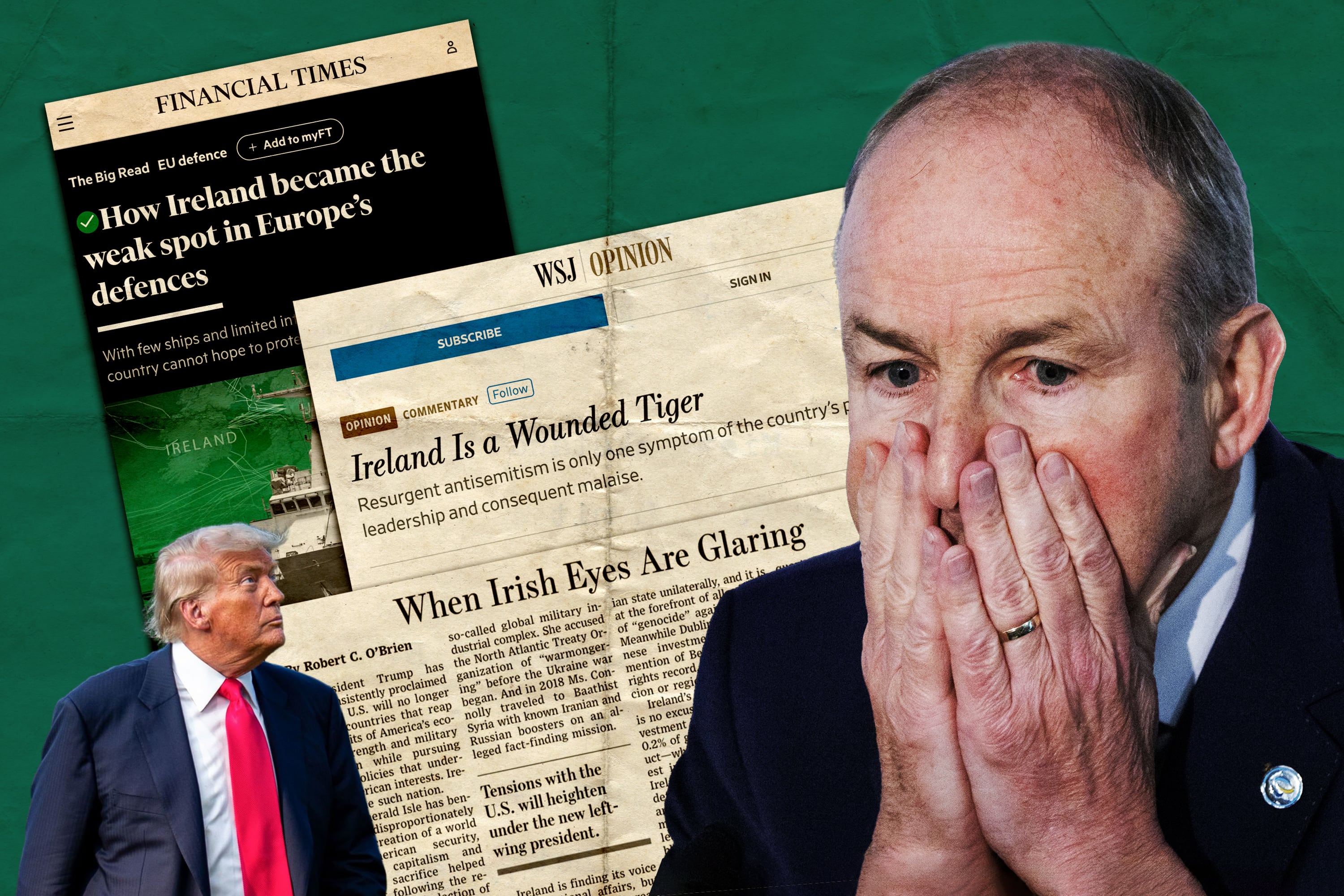The Government was told to introduce a content levy to fund domestic film and television production at “the earliest possible date” by outside consultants employed to assess the impact of such a step.
However, it has decided not to go ahead with a so-called “Netflix levy”, citing the impact on consumers.
A report for Coimisiún na Meán, published on Thursday, shows the Coalition was advised to introduce a charge at different levels for different types of operator, which would increase over time.
Minister for Arts and Media Patrick O’Donovan last month said he did not support a levy on streaming services, adding that people were “paying enough” for content and he would not introduce one while Minister.
RM Block
The report states a “levy is indeed feasible for Ireland”, outlining that nearly half of European single market countries have some sort of financial obligation in place.
It said such an intervention would supplement financing available and permit domestic producers to “further pursue creative excellence while also forging more international partnerships”.
Fianna Fáil TD Malcolm Byrne said Mr O’Donovan’s current approach was “short-sighted”, and he urged the Minister to reflect on the findings of the report.
Labour media spokeswoman Marie Sherlock said the report “puts it up” to Mr O’Donovan, who she claimed had demonstrated “little or no understanding” of the Irish film sector.
Social Democrats media spokesman Aidan Farrelly said the Government was “choosing to ignore expert advice”.
Screen Producers Ireland chief executive Susan Kirby said the report “vindicates” their view on the feasibility of a content levy. She said the group is to meet the Minister later this month and will raise the matter then. She said a content levy was “essential” to support the independent production sector.
A spokesman for Coimisiún na Meán said the imposition of a content levy is a policy decision for the Minister.
The report states that Ireland should prioritise a variable rate option, with a levy of 1 per cent for ad revenue and pay-TV subscription revenue, and a higher rate on commercial video-on-demand services – potentially as high as 5 per cent. Low turnover and audience exemptions could mitigate the impact on domestic video on demand services.
It said there should be a “gradual mechanism” to introduce the levy, with the rate increasing over time.
Industry operators have issued a variety of warnings, according to the report, which outlines that consumers may have to pay higher subscription rates or potentially see less spent on content produced in Ireland or be offered a lower quality of film and television.
The report outlines that doing nothing would “be unusual” given moves made by the last government such as initiating the Future of Media Commission. It warns “momentum could be stalled or stopped” in the sector.
A “wait and see” approach could be justified, it says, if there was a clear likelihood of significant economic harm to Ireland through a reduction in inbound production or an increase in costs. However, it argues “that neither scenario is likely”.
Nonetheless, Fine Gael sources believe that there would, in fact, be significant economic harm arising from a levy, which they attribute to worsening economic headwinds arising from the Trump presidency.
Most recently, the US administration announced a plan to impose a 100 per cent levy on films made outside the US.

















